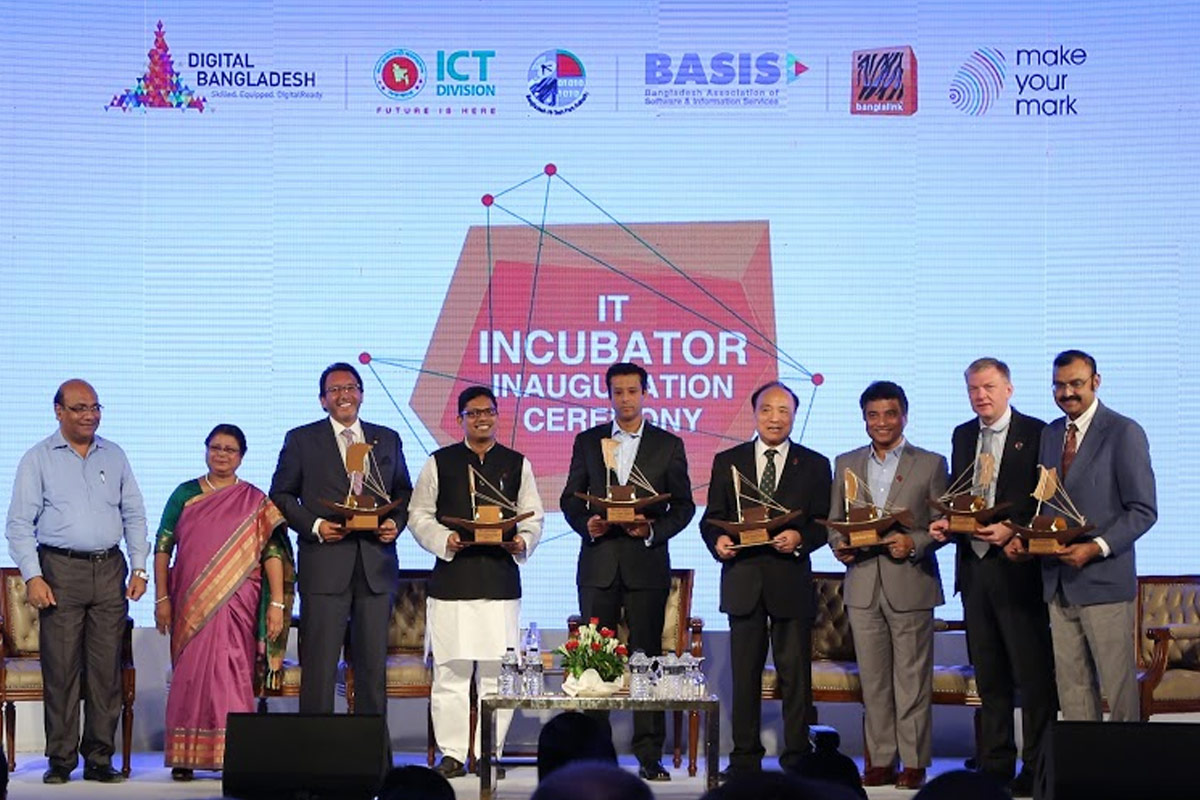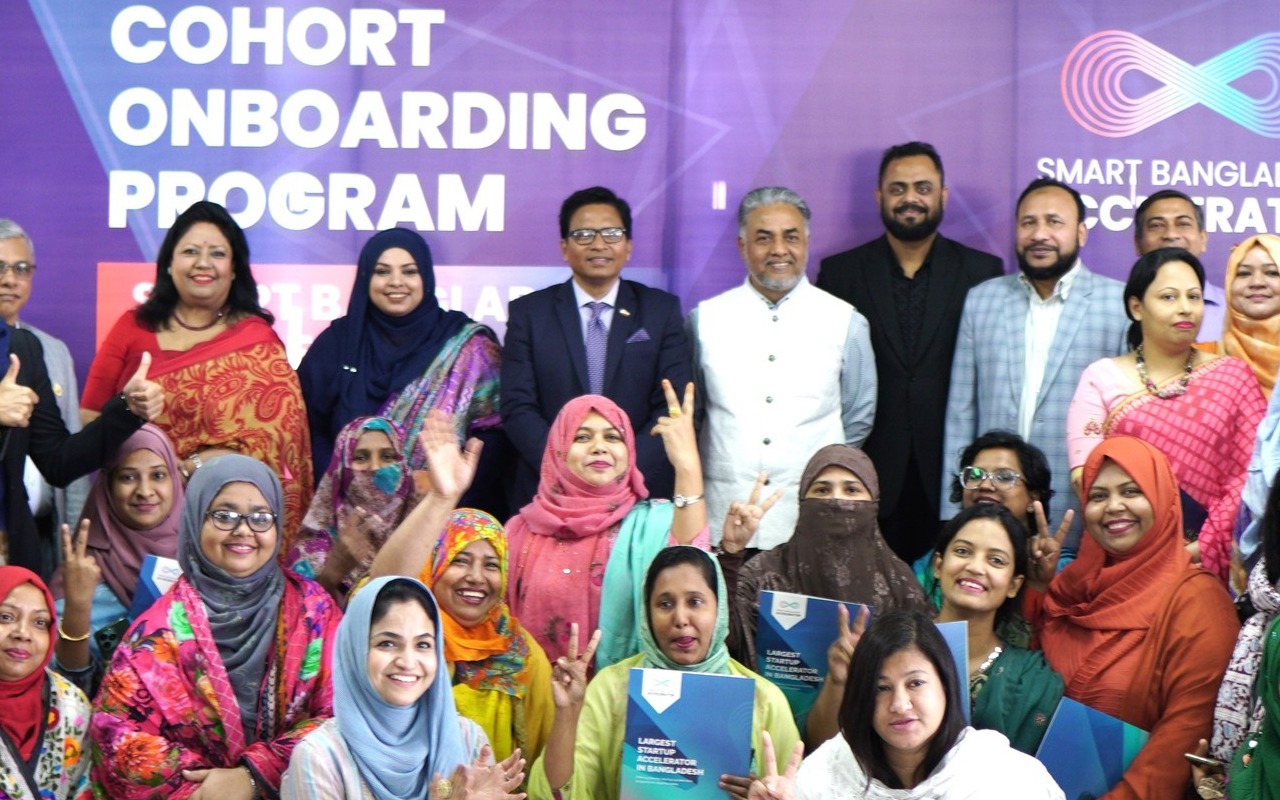
Bangladesh, long celebrated for its rich cultural heritage and vibrant economy, is now making waves in the global startup landscape. With a surge in entrepreneurial spirit and a supportive ecosystem, the country is witnessing the rapid emergence of startups across various sectors.
In recent years, the country has witnessed a remarkable surge in entrepreneurial activity, fueled by a young and dynamic population, increasing access to technology, and a growing appetite for innovation. From tech-driven ventures to social enterprises, startups in Bangladesh are addressing a diverse range of challenges and opportunities, driving economic growth and social impact.
At the heart of Bangladesh’s startup ecosystem lies the Digital Entrepreneurs and Innovation Ecosystem Development (DEIED) Project, a pioneering initiative aimed at nurturing talents, fostering innovation, and building a conducive environment for entrepreneurship to thrive. The DEIED Project provides aspiring entrepreneurs with access to incubation and acceleration programs designed to help them refine their ideas, develop viable business models, and accelerate their growth trajectory. Securing funding is often a significant hurdle for startups. The Project bridges this gap by facilitating access to funding opportunities, connecting entrepreneurs with investors, and providing guidance on fundraising strategies.
Infrastructure is a critical enabler of startup success. The DEIED Project offers state-of-the-art facilities, including co-working spaces, labs, and research facilities, to provide startups with the physical infrastructure they need to innovate and grow.
Collaboration lies at the heart of innovation. The DEIED Project facilitates collaboration between startups, industry experts, academia, and government bodies to create a dynamic ecosystem where ideas can flourish, partnerships can thrive, and innovation can thrive.
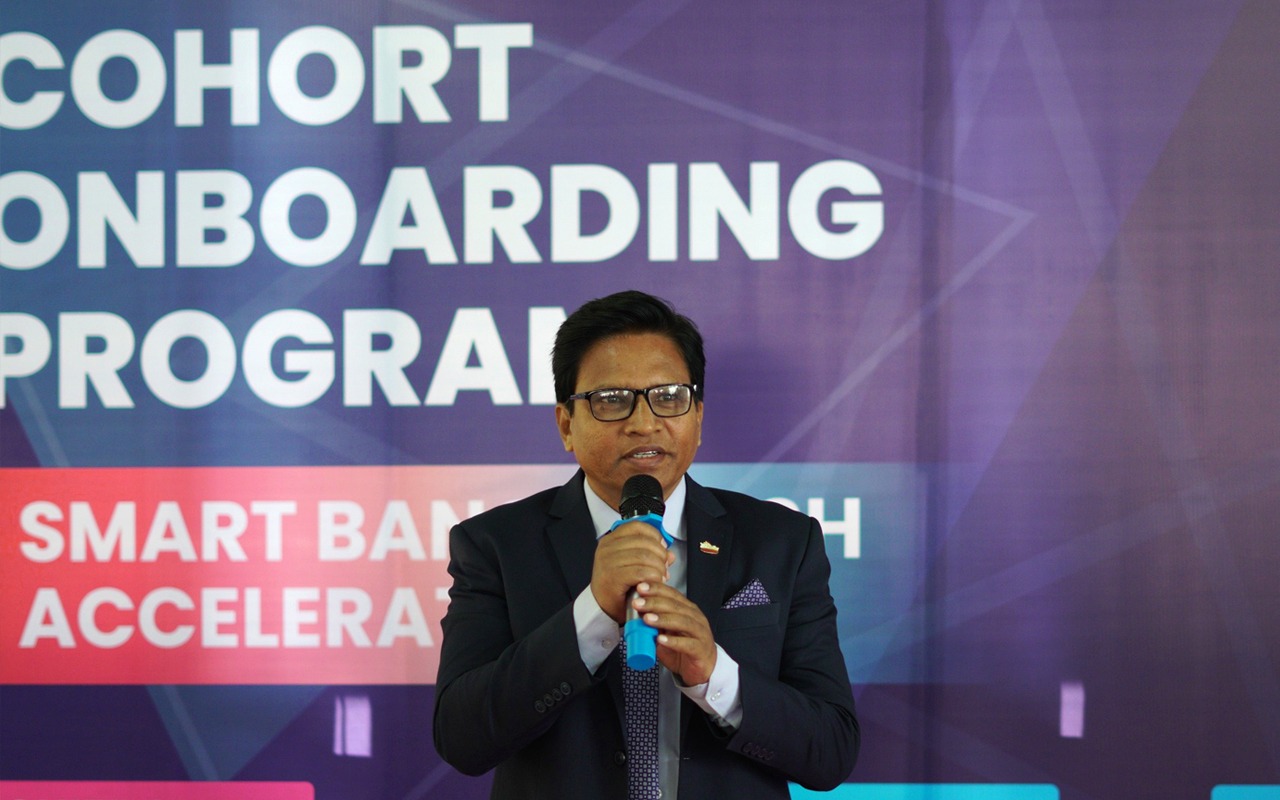
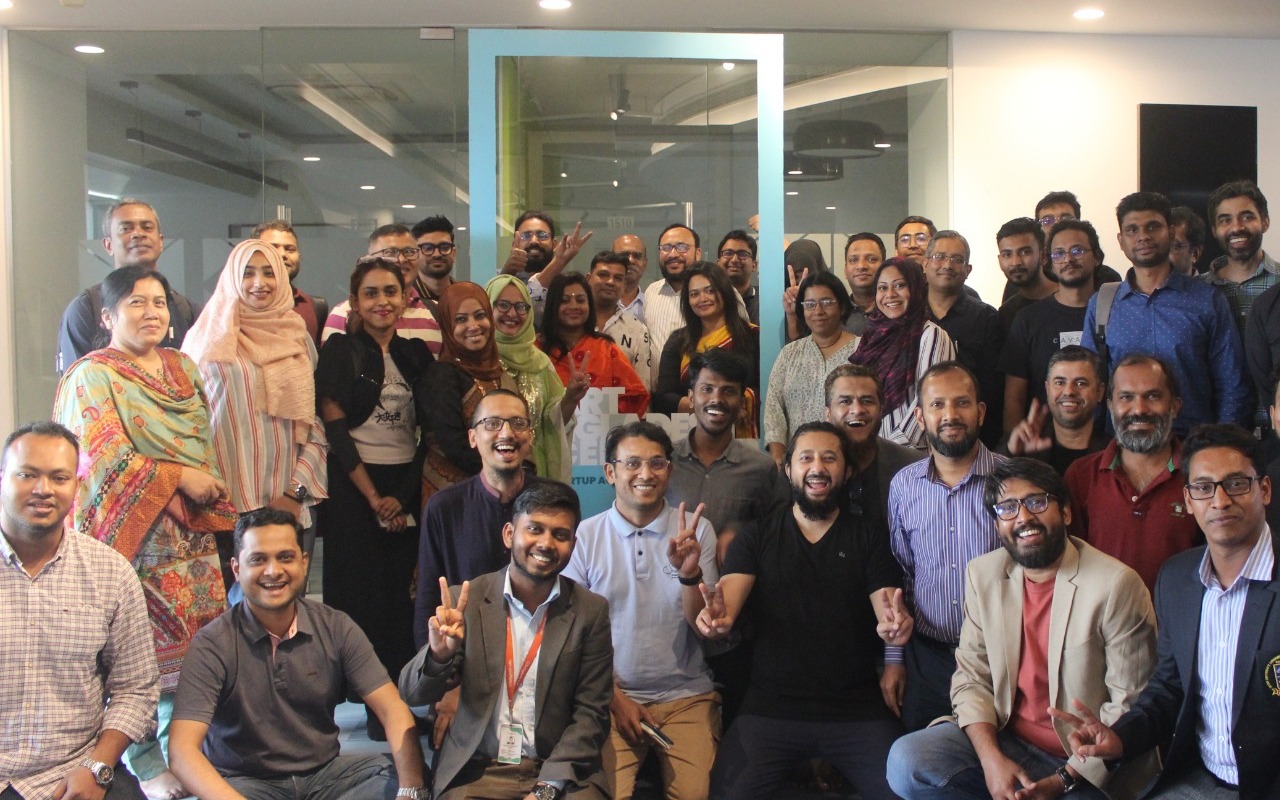
Enabling Ecosystem
At the heart of Bangladesh’s startup success story lies a supportive ecosystem that nurtures and empowers entrepreneurs at every stage of their journey. Here are some key components of the enabling ecosystem:
1. Incubators and Accelerators: Incubators and accelerators play a pivotal role in providing startups with the resources, mentorship, and networking opportunities they need to thrive. From idea validation to market entry and scaling, these programs offer tailored support to help startups navigate the challenges of entrepreneurship.
2. Government Support: The government of Bangladesh has taken proactive measures to support the startup ecosystem through initiatives such as the Bangladesh Hi-Tech Park Authority (BHTPA), which provides infrastructure, funding, and regulatory support to tech startups. Additionally, policies such as the Startup Bangladesh initiative aim to create a conducive environment for startup growth and innovation.
3. Access to Funding: Access to funding is crucial for startup growth and expansion. In Bangladesh, an increasing number of angel investors, venture capital firms, and impact investors are providing funding to promising startups. Moreover, platforms like crowdfunding and startup competitions offer alternative avenues for raising capital
4. Networking and Collaboration: Collaboration is key to driving innovation and growth. In Bangladesh, startup hubs, co-working spaces, and networking events bring together entrepreneurs, investors, mentors, and industry experts, fostering collaboration, knowledge sharing, and partnership opportunities.
5. Supportive Culture: A supportive culture that celebrates entrepreneurship and risk-taking is essential for the success of startups. In Bangladesh, there is a growing recognition of the value of startups in driving economic development and job creation, leading to increased support from both the public and private sectors
The impact of startups in Bangladesh extends beyond economic metrics, encompassing social and environmental outcomes as well. From creating employment opportunities to addressing pressing social challenges, startups are driving positive change and shaping the future of the country.
Looking ahead, the future of the startup ecosystem in Bangladesh is promising, with continued support from stakeholders across the board and a steady influx of talent, ideas, and investment.
Join us in shaping the future of entrepreneurship in Bangladesh!
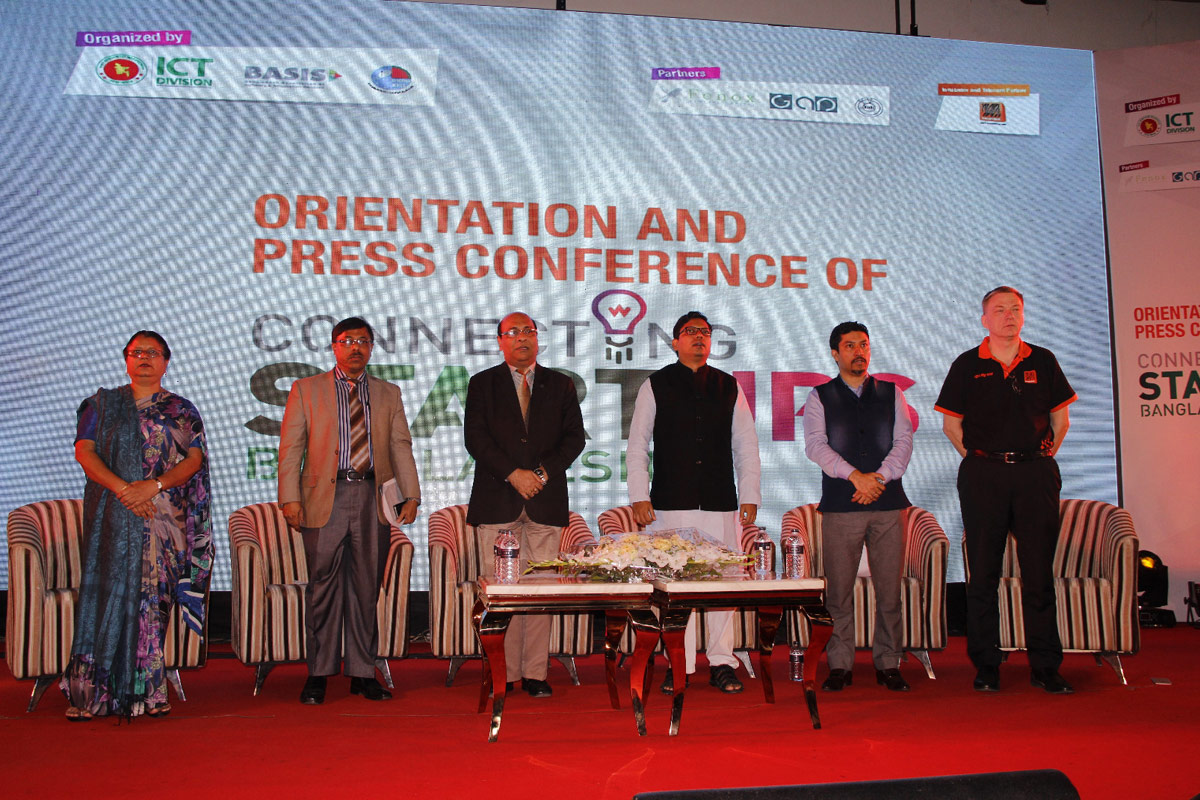
According to a study done by the Progressive Policy Research Company, startups create more than 3 million jobs each year and remain at 3 trillion in market value.
In the local context, these enterprises can contribute to the domestic economic momentum by creating more jobs through their innovation, playing an important role in changing the local economy and education system.
For a developing country like Bangladesh, this unique approach of the entrepreneurship ecosystem is going to develop a culture of digital adoptions in every aspect of life, which will contribute to the country’s vision to become a middle-income country.
The middle class is also growing at a strong 10% per annum and expected to reach 34 million by 2025. More than 1200+ active Startups now generate 1.5 million+ employment – who are also the active consumers of products and services made by startups, as part of the country’s everyday life.
These are strong signs which indicate that Bangladesh is perfectly placed to become an important crown jewel in the Asian Subcontinent, propelled by more and more young people who are willing to take risks and push for greater innovation.
Bangladesh is slowly making its presence felt across the Asian belt, driven by its population of 164 million who are mainly from the median age of around 27.9 years.
Investments across the country have almost quadrupled over the last decade, with more than 102 million people now having access to the internet and 94 million successful mobile internet penetration.
A staggering 62% of the young population are now quickly adapting to new technology, opening up to new ideas and exploring new avenues of improvement, thus, bolstering the entrepreneurship ecosystem, which has since drawn over USD 200 million from international investments from big-name corporate investors and venture capitals, investing in industries like FinTech, Logistics, and Mobility over the last four years.
